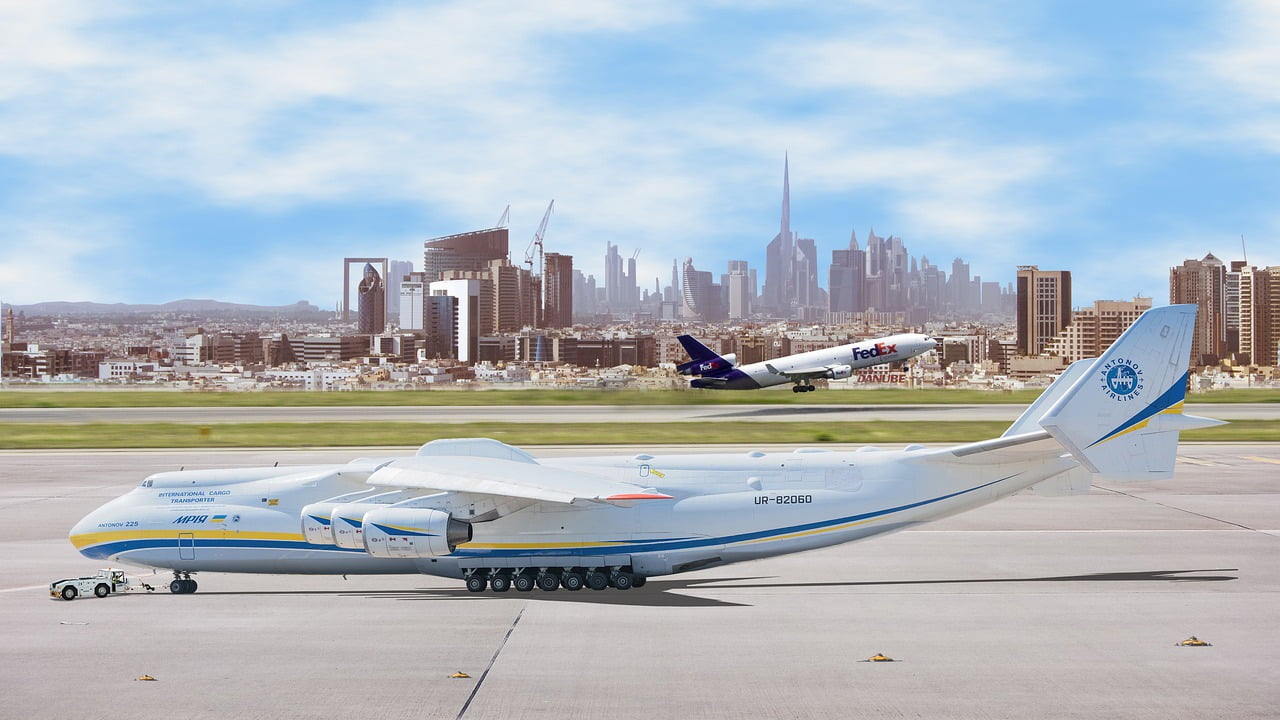Geography affects the development of all nations in profound ways. But it has rarely been as far-reaching as it is in Spain (download George Friedman’s exclusive free e-book, The World Explained in Maps, to learn more).
Today, the country is renowned for its beaches, but its defining geographic feature is its mountains. It is the existence—and more important, the location—of these mountains that has fostered the distinct, regional communities that make Spain so difficult to govern.
Spain Is More Diverse Than You Think
Though mountains are Spain’s most conspicuous geographic feature, they are not the only factor to impede government efforts to unify the country. The weather patterns in Spain differ vastly from region to region.
Northwestern Spain gets a great deal of rain each year—sometimes as much as 80 inches a year. Compare that to the southern Meseta, which sometimes sees as little as 10 inches of rain per year.
Central and southern Spain are much dryer, though the Guadalquivir River Valley is a notable exception. Northeastern Spain has comparatively less rainfall too, but Catalonia has the Ebro River (and Valencia has the Turia River) for irrigation.
None of Spain’s major rivers, though, connect to one other. This is true of most European states, but it is especially pronounced in Spain because of the way the mountains and the climate serve to define the country’s regions.
Consolidated Diversity That Holds the Nation Together
A unified Spain, where a strong central government can execute its authority, requires the expensive work of building the infrastructure necessary to stitch the country together. Spain’s geography challenges central rule because it creates resilient national and linguistic identities.
Geography has confounded every ruler from Isabella I to Mariano Rajoy. But it’s not that simple. If geography alone defined political power, Spain would never have unified as a country, let alone become one of the richest and most powerful empires in the modern world.
Spain has never lost the legacy of its diversity, but in modern times it has always tried, and mostly succeeded, to consolidate that diversity under the idea of the Spanish nation.
When Catalonia declared its independence, Spanish Prime Minister Mariano Rajoy said, “Spain is a serious country and a great nation.” He wasn’t wrong. Spain is a serious nation-state, and it is serious not because of its geography but despite it.
Grab George Friedman's Exclusive eBook, The World Explained in Maps
The World Explained in Maps reveals the panorama of geopolitical landscapes influencing today's governments and global financial systems. Don't miss this chance to prepare for the year ahead with the straight facts about every major country’s and region's current geopolitical climate. You won't find political rhetoric or media hype here.
The World Explained in Maps is an essential guide for every investor as 2017 takes shape. Get your copy now—free!






